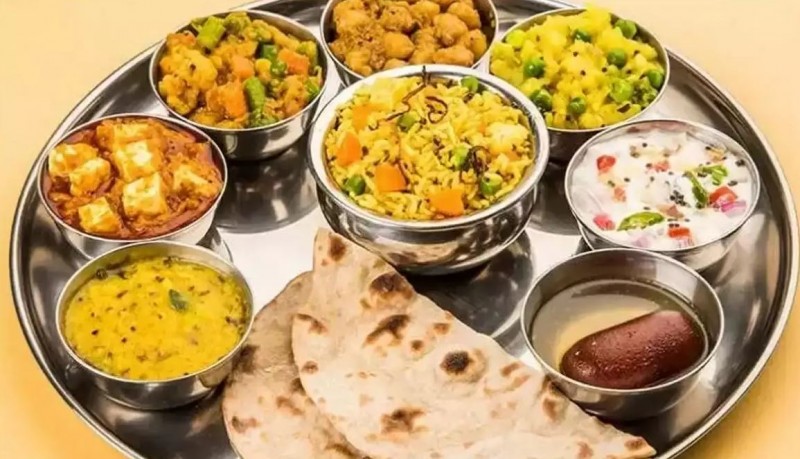
Throughout history, human societies have developed various cultural beliefs and superstitions that shape their everyday practices, including the way they consume food. One such belief revolves around the direction in which food is consumed and the notion of it being inauspicious and wasteful. This intriguing cultural aspect has been prevalent in different regions across the globe, influencing dining habits and mealtime etiquettes for generations. In this article, we delve into the concept of inauspicious food direction, examining its origins, impact on food consumption, and the rationale behind it.
The Origins of the Inauspicious Food Direction:
The belief of inauspicious food direction finds its roots in diverse cultural and religious traditions. In several Asian cultures, for instance, there exists a widespread conviction that eating food facing south or west is considered inauspicious. Similarly, some traditional Hindu practices discourage consuming food with one's head facing the south as it is believed to invoke negative energy. These beliefs are deeply ingrained in the cultural fabric and are often passed down through generations as part of local customs and traditions.
Understanding the Notion of Wastefulness:
One of the primary reasons cited behind the prohibition of eating in an inauspicious direction is the idea of wastefulness. The belief is that when food is consumed facing south or west, it diminishes the food's nutritional value, causing it to lose its beneficial properties. Additionally, some traditions suggest that eating in such directions might lead to a higher likelihood of food going to waste, as it is perceived that the body cannot absorb nutrients effectively in those positions.
The Impact on Food Consumption:
The belief in inauspicious food direction has not only shaped the way people eat but also impacted dining arrangements and table etiquettes. In households adhering to this tradition, family members often ensure that dining tables are positioned in a favorable direction, such as east or north, to avoid any negative consequences associated with inauspicious directions. Furthermore, guests are usually served with special attention given to their seating orientation to ensure they eat in a propitious manner.
Rationalizing the Belief:
While the notion of inauspicious food direction may seem puzzling to some, it is crucial to appreciate that cultural beliefs often have deeper symbolic meanings beyond their surface explanations. The prohibition against eating in certain directions could be an embodiment of the larger cultural understanding of harmony and balance with nature. Aligning with the cardinal directions might have been seen as a way to be in sync with the universe and its natural energies.
Questioning Tradition and Encouraging Rational Consumption:
As societies modernize and embrace a more globalized world, traditional beliefs and superstitions sometimes face challenges. While it is essential to respect and preserve cultural heritage, questioning the rationale behind certain practices can promote rational consumption and prevent unnecessary waste. Educating ourselves about cultural beliefs and understanding the reasoning behind them can help us make informed choices without undermining centuries-old traditions.
The belief of inauspicious food direction, although steeped in cultural and religious significance, sheds light on how food consumption practices can be influenced by historical beliefs and customs. While the notion of wastefulness may have been a driving force behind this tradition, it is crucial to approach such beliefs with curiosity and understanding. By doing so, we can learn from diverse cultural perspectives and appreciate the rich tapestry of customs that have shaped our societies throughout history. As we move forward, let us cherish our traditions while embracing rationality and making mindful choices about the food we eat.
Inside Ron DeSantis' Spiritual Journey and Political Path
Unraveling Adolf Hitler's Religious Beliefs: A Complex Historical Inquiry